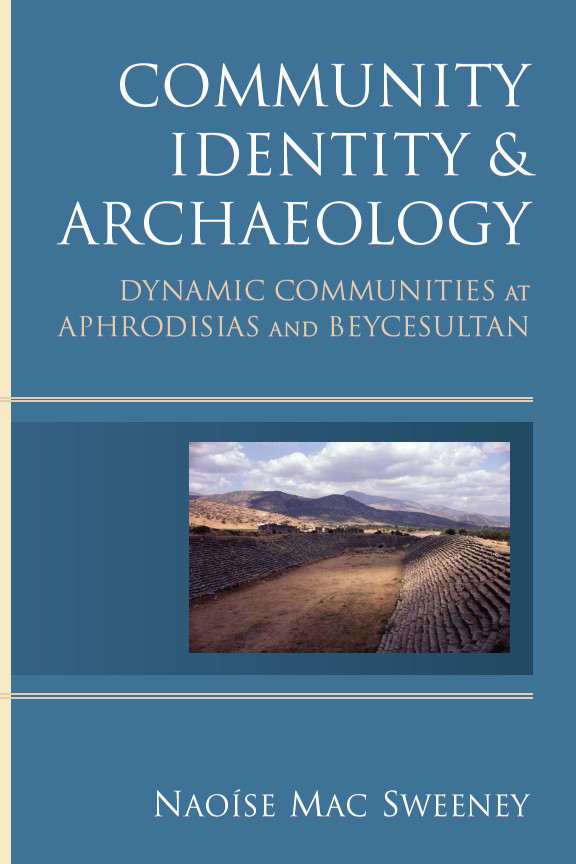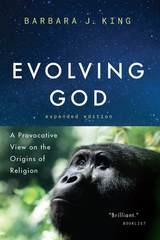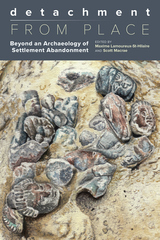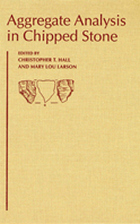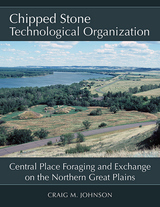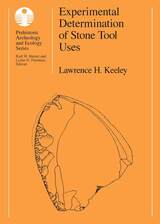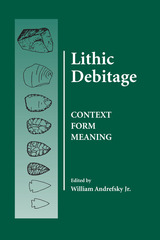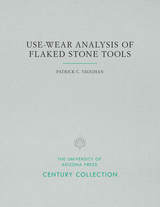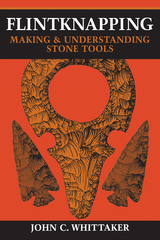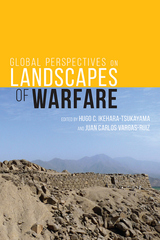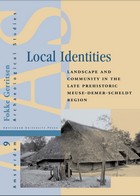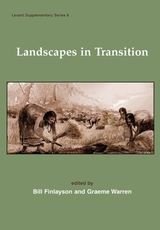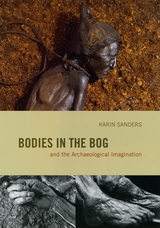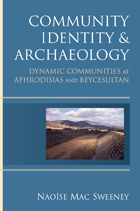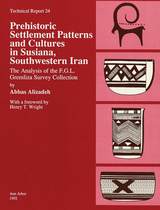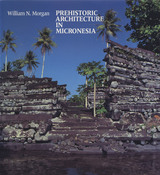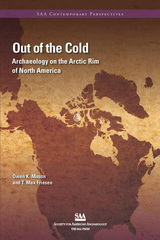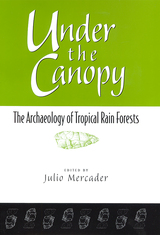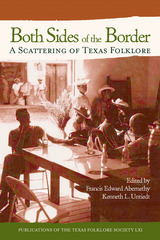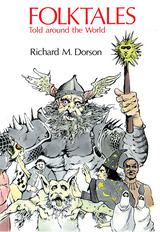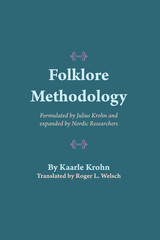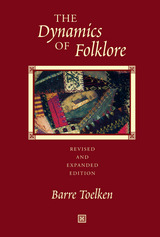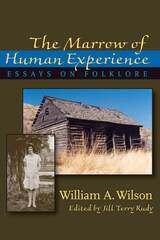Community Identity and Archaeology: Dynamic Communities at Aphrodisias and Beycesultan
University of Michigan Press, 2011
Cloth: 978-0-472-11786-4 | eISBN: 978-0-472-02765-1
Library of Congress Classification GN845.T9M33 2011
Dewey Decimal Classification 939.2
Cloth: 978-0-472-11786-4 | eISBN: 978-0-472-02765-1
Library of Congress Classification GN845.T9M33 2011
Dewey Decimal Classification 939.2
ABOUT THIS BOOK | AUTHOR BIOGRAPHY | REVIEWS | TOC | REQUEST ACCESSIBLE FILE
ABOUT THIS BOOK
Community Identity and Archaeology explores the concept of community identity and its application in archaeology, using the modern Turkish sites of Aphrodisias and Beycesultan as case studies to illustrate the formation and dissolution of communities over time. The concept of the community is vital to the way we understand human societies both past and present, and the last decade has seen widespread interest in communities from both the popular and academic spheres. The concept is also central to archaeology, where the relationship between sites and communities remains controversial. Naoíse Mac Sweeney aims to take the debate one step further, setting out a comprehensive framework for the archaeological investigation of community identity, encompassing theoretical approaches for its conceptualization, practical methodologies for its investigation, and detailed case studies in Anatolia to test and illustrate its arguments. This book contributes to discussions in archaeological theory and material culture studies and is particularly relevant to archaeologists working on different types of cultural identity. Community Identity and Archaeology’s readership will include undergraduate and graduate students as well as academic specialists. In addition, the book contains material of direct historical interest for Classics and Near Eastern departments. It includes valuable new research relevant for those working on Aegean, Mycenaean, or Early Greek antiquity, as well as specialists in Anatolia including scholars working on the Hittite, Phrygian, and Lydian empires.
See other books on: Antiquities, Prehistoric | Community Identity | Excavations (Archaeology) | Social archaeology | Turkey
See other titles from University of Michigan Press
